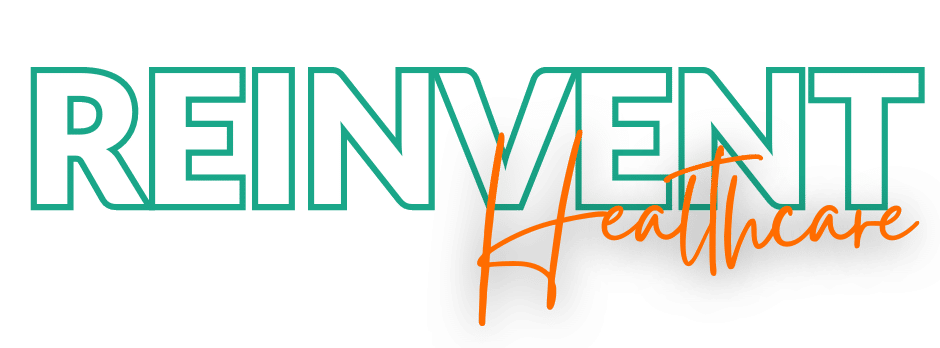Mastering Lipoproteins: A Functional Practitioner’s Guide to Cardiovascular Health
IN THIS EPISODE:
Understanding the Significance of Lp(a)
The Lp(a) is a lipoprotein particle in the bloodstream that is an independent risk factor for cardiovascular disease that resembles LDL cholesterol but is denser and even more dangerous. It can easily pass into the inner lining of blood vessels, leading to plaque formation, inflammation, increased clotting, and an increased risk of heart attacks, strokes, and aortic stenosis. We need to be knowledgeable about its characteristics, its role in plaque formation, inflammation, and clotting within blood vessels, and how it can lead to heart attacks, strokes, and aortic stenosis.
The Role of Genetic Factors
Elevated Lp(a) levels are estimated to be 90% hereditary, making it crucial to assess genetic risk factors. Certain genetic variants linked to Lp(a)
are associated with a shorter lifespan and a higher risk of aortic stenosis. We should consider genetic testing, especially in individuals with a family history of heart disease, to assess the presence of Lp(a)-related genetic variants.
Dietary and Supplemental Approaches
While there is no consensus on the best diet for heart disease, a whole foods diet rich in antioxidants, combined with specific supplements like niacin, ginkgo biloba, berberine, vitamin C, and L-carnitine, can potentially lower Lp(a)
levels and improve overall cardiovascular health. Individualized approaches are essential, and regular testing is recommended to monitor progress and adjust interventions as needed.
ReInvent Healthcare Links
- Get our FREE Guide to Taking a Detailed Health History that gets you to root causes.
- Access Additional Resources for Practitioners ready to improve clinical outcomes through our Nutritional Endocrinology Practitioner Training.
- Visit my ReInvent Healthcare site to check out other episodes that will be beneficial to you and your clients.
- Create Nutrition Plans to help your clients eat to maximize their energy with my Nutrigenomics bundle here.
If you want to dive even further, grab the chance to purchase my NES Nutrigenomics in Clinical Practice here.






